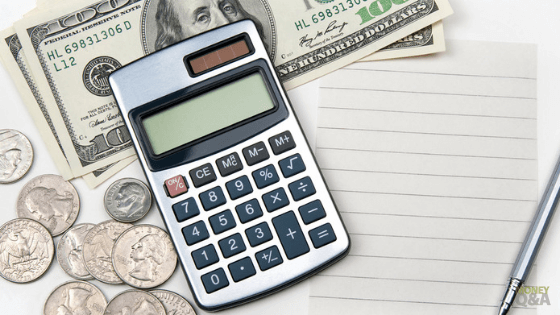
Debt is a global issue and one that almost everyone can relate to. At some point or another, or maybe now, you have probably experienced debt. And it can feel like you cannot control your finances at all. But you can use some simple techniques to get them in order just by knowing exactly where you stand between your income and expenditure.
List Income and Expenditure with Apps
Smartphone apps like Quickbooks are simple to use and well worth the small monthly fee. You can keep track of expenses and income by manually adding them on specific dates and what they are. Additional financial features are like having your own tax attorney in your pocket.
Quickbooks will automatically work out how much tax and other government expenses you owe for the year according to where you live. For example, tax-deductible expenses, the amount of annual tax, and National Insurance if you live in the United Kingdom.
Track Your Monthly Bills with Spreadsheets
Spreadsheets are a financial godsend for those without the means for paid apps or professional software. You can use Google Sheets absolutely free to help you control your finances, and it is almost the same as its more expensive cousin Microsoft Excel. In addition, simple formulae allow you to calculate how much you have after being paid concerning your monthly expenses:
- List all regular expenses by name, amount, and date payable.
- Under the list, insert your paycheck income.
- Under your income, work out your outgoings with this: =SUM(xn:xn) where x is the column letter and n is the row number of your listed amounts. For example, =SUM(B3:B35).
- Work out what you have left after your bills: =(paycheck-outgoings). For example, =(D36-D37).
You can create a new sheet for each month. This will help when reviewing expenses from the year. Knowing exactly what your bills are against income will help you make fewer spending mistakes.
Reduce the things You Don’t Need
Further to tracking your bills to control your finances, you can save money by reducing the services you don’t need. For example, Netflix or a similar streaming service might be drawing money that could be used on more important things.
Or, if you use a service such as Sky, Virgin, or Tivo, there are probably cheaper packages to which you could subscribe. Food shopping is also a considerable expense. Next to your mortgage, you spend the most on food. But the average household wastes almost 14 Kg of food per week. So, save money with a meal plan and buy only what you need.
Pay Off Debts as a Priority
There’s nothing more relieving than paying off debt that drains your money. If you have any kind of debt, you understand this. In the UK alone, the average individual adult holds £30,000 of debt.
And Britain isn’t alone. Debt is a problem all over the world. Debts of a severe magnitude can cause stress and anxiety and severely limit your ability to enjoy life.
Should you hold debts that cause financial difficulty, pay them as quickly as possible. Try not to pay minimum amounts or insurance as you won’t get anywhere. Instead, pay as much as you can to get it paid off.
Stick to Your Budget
One of the most crucial components of financial management is adhering to your monthly budget. With social media and today’s focus on a better, yet unobtainable for most, lifestyle, it’s understandable you might spend money you don’t have.
But that is a slippery slope to a world of trouble, and you will get into more debt or increase existing ones. So instead, using the spreadsheet technique shown above, don’t spend more than the money you have left after working it out. It may not seem like a lot, but living within your means significantly reduces debt-related hardship.
